Growing an Assessment: Focus Groups
Outreach College serves as an advocate for the needs of the nontraditional, adult and distance learning students, i.e., …

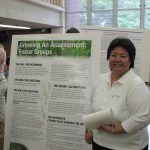
Outreach College serves as an advocate for the needs of the nontraditional, adult and distance learning students, i.e., …
In this poster, we present the results of our assessment project aimed at improving the capstone experience and …
This assessment project was a proof-of-concept to gain by-in from faculty and establish CEA practices in the Department …
This poster outlines the process of increasing faculty governance over institutional assessment policies and practices through the reformation …
The Business Division at the University of Hawai‘i–West O‘ahu has developed a unified assessment framework that integrates institutional …
The Hawaii Positive Engagement Project (H-PEP): SPARK Aloha, funded by the USDOE Native Hawaiian Education Program, is dedicated …
This poster describes the processes of engaging stakeholders (Student Affairs, Campus Life, Career Services, and Advising), students and …
This project focuses on improving graduate program assessment at a primarily undergraduate-serving liberal arts college. The university has …
Chaminade University of Honolulu has restructured General Education in recent years. Various faculty committees have been spearheading a …
In early 2019, ACCJC reaffirmed Kapi‘olani Community College’s accreditation status, but mandated a follow-up report and provided an …
Quantitative assessments in noncredit education typically evaluate participant’s satisfaction or experiences with courses and the instructor. Learning outcomes …
This poster presents the process and results of an institutional assessment project that investigated advanced degree program learning …
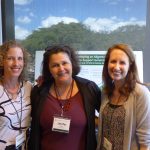
Faculty have difficulty in clarifying how their assessments and instructional strategies are aligned with both course and General …

First-Year Programs (FYP) utilizes multiple approaches to assess student learning outcomes and program success. Institutional data are used …
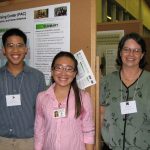
Students who utilize PAC’s services learn their roles and responsibilities in the advising relationship; create a comprehensive plan …
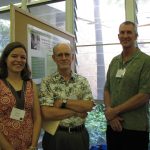
From fall 2007 to spring 2009, the UH Writing Mentors Program has reached approximately 1,300 students across 70 …
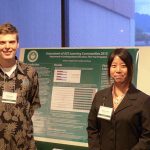
Access to College Excellence (ACE) at UHM provides a series of first year programs that serve approximately 25% …
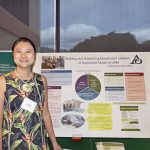
After analyzing the university’s needs and researching best professional development practices, the UHM Assessment Office initiated an exciting …
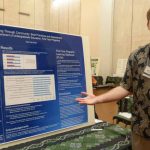
Access to College Excellence (ACE) at UHM provides a series of first year programs that serve approximately 25% …
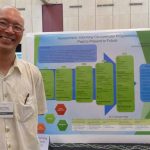
The Learning Assistance Center (LAC) offers academic support, e.g., tutoring and supplemental instruction (SI) study groups, for students …
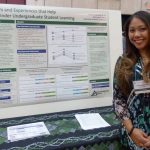
Institutions that understand what helps and hinders student learning will know how to improve student proficiency in core …
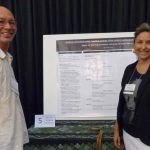
The online teaching award began at Manoa during the 2013-2014 academic year. This poster will present the positive …
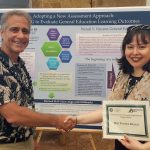
In Spring 2016, the General Education Office identified a need to improve its indirect assessment efforts. Working with …
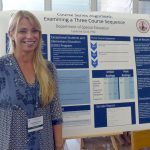
This poster outlines the process through which faculty examined how the embedded assignments, field components, and signature assignment …
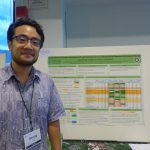
The Undergraduate Research Opportunities Program (UROP) utilized historic program data to identify potential gaps in campus awareness of …